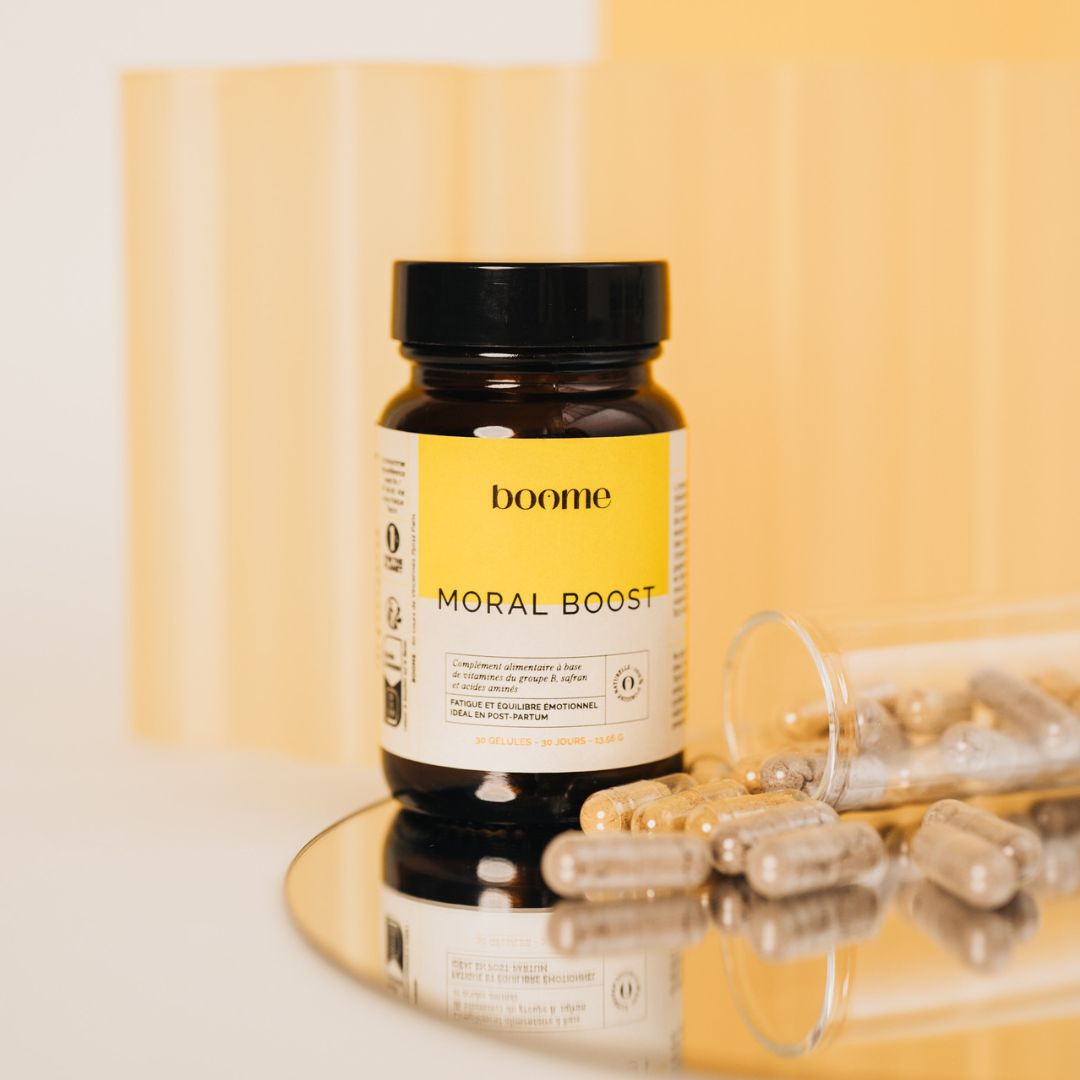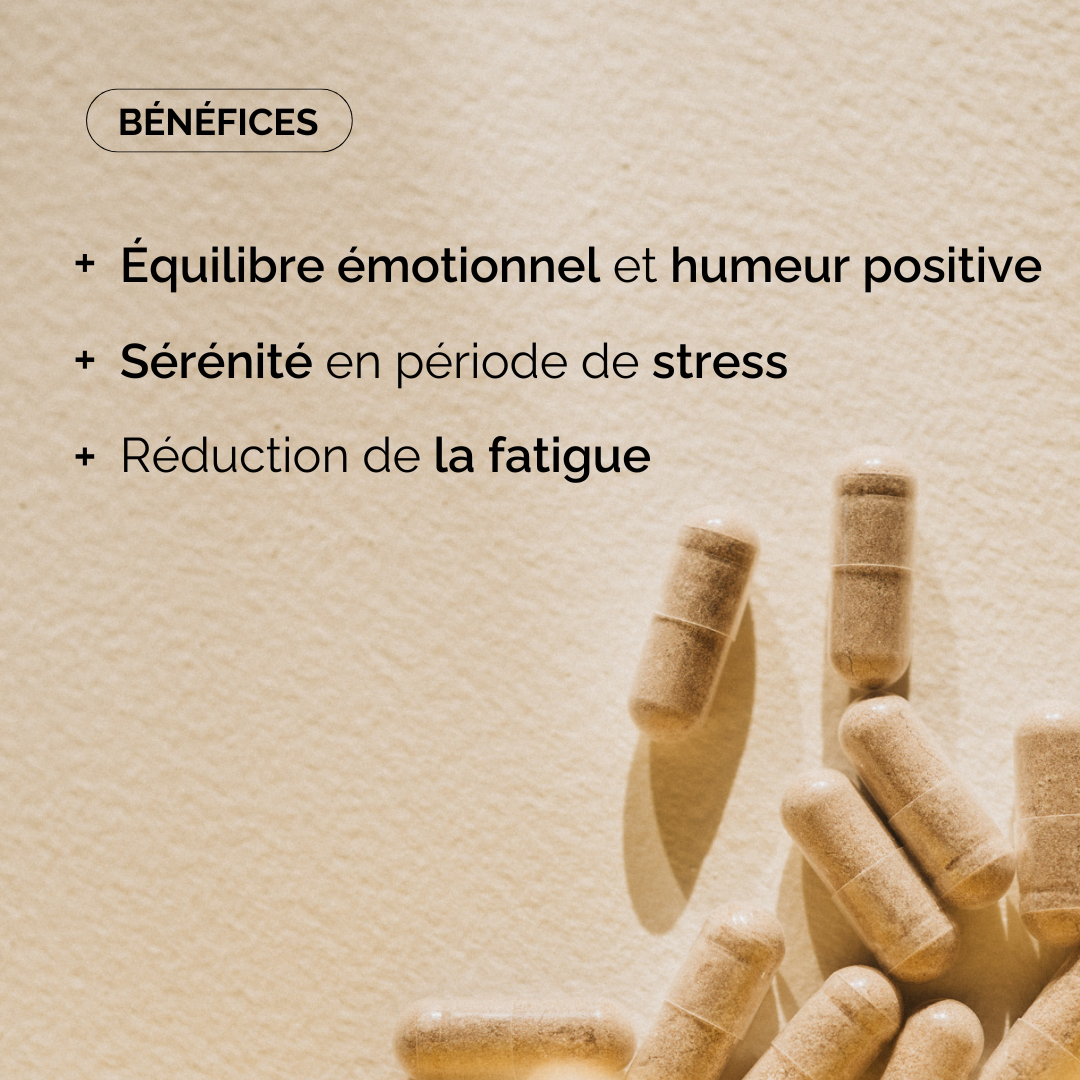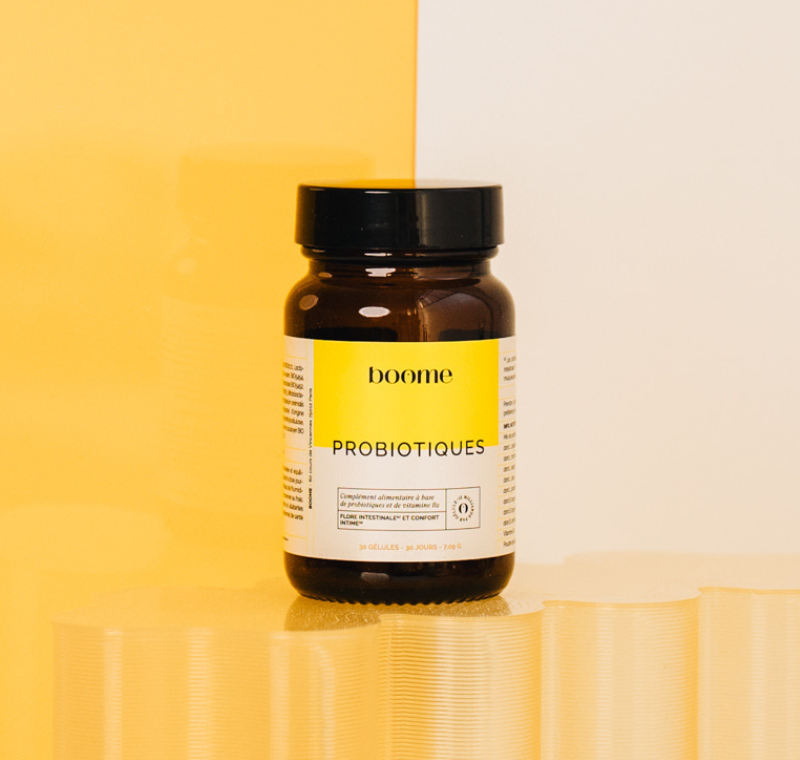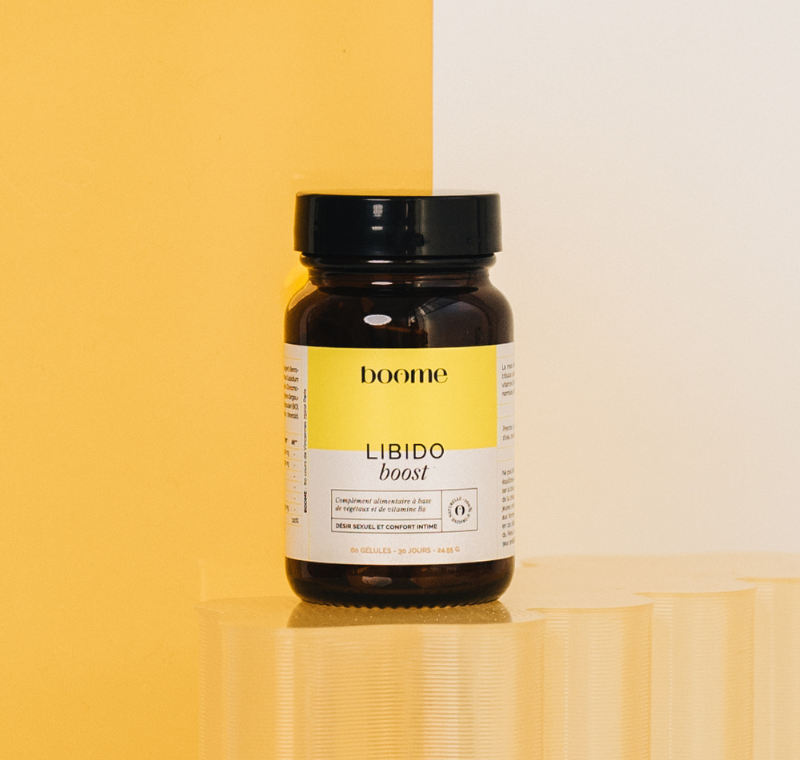
51 years old. That's the average age at which women officially say goodbye to their menstrual cycles. But before we get there, our bodies send out a whole series of signals... sometimes incomprehensible. Hot flashes, sleep disturbances, a rollercoaster of moods: is this a sign that menopause is setting in? Or just a temporary disruption? In short, how do you know if you're menopausal? To find out for sure, there are clear signs and even medical tests. In this article, we'll take a look at everything to help you understand whether or not you're now officially part of the "menopause" team.
Little reminder: what is menopause?
In a woman's life, there comes a time when she has exhausted her supply of ovarian follicles. This moment is... menopause! This is the definitive cessation of menstrual cycles. Medically, it is confirmed after 12 consecutive months without a period, in the absence of other underlying causes. And it marks the end of the reproductive period, with the decrease in estrogen and progesterone levels.
Be careful not to confuse "menopause" with "premenopause"! Also called "perimenopause," this transition period begins well before the end of the menstrual cycle and can last several years.
Generally, symptoms of premenopause include:
- The ovarian cycle still functions, but irregularly.
- The duration of periods in premenopause becomes unpredictable, with shorter or longer cycles.
- The flows, however, are more or less abundant than usual.
- We find ourselves dealing with unfun side effects (hello night sweats, headaches, tender breasts, mood swings or other sleep disturbances).
In short, these are certainly natural phenomena, but they can become quite an ordeal for those who experience them!
At what age do people reach menopause on average?
Menopause generally occurs between the ages of 45 and 55. In France, the average age is around 51. And what age will it be for you? It's almost impossible to predict! This hormonal transition can occur earlier or later, depending on the individual. It depends on several factors, such as:
- Genetics : When did your mother go through menopause? And your grandmother? Because genetics plays a big role here. A woman who goes through menopause early often has a female family member who experienced the same thing.
- Lifestyle : Do you smoke? Do you have a good or bad diet? Are you part of the stressed-out team? If so, all of these factors can accelerate menopause. Conversely, good lifestyle habits (physical exercise, healthy diet) could delay its onset.
- Medical treatments : Some procedures lead to induced menopause, sometimes abruptly. These include chemotherapy, pelvic radiotherapy, or ovarian removal.
So, we told you: it's impossible to predict with certainty at what age a woman will experience menopause. Because it can even occur before the age of 40 (this is called early menopause)... Or after the age of 55 (this is called late menopause). That's how many surprises we're in for!
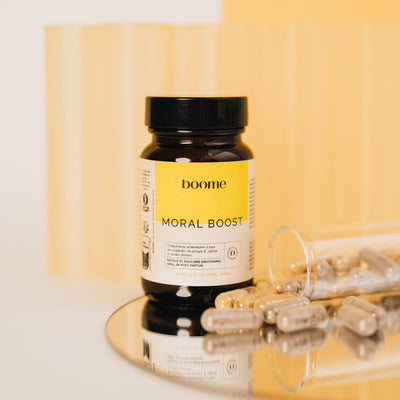
Achat express
What are the signs of menopause?
We don't just wake up one morning and, hey presto! We're in menopause. This little creature slowly creeps into our lives... before finally settling down. However, it's pretty easy to spot when it rears its ugly head. Here are the most common signs of menopause.
Physical signs
Menopause is first and foremost the body that speaks! And which “translates” it through certain physical signs, such as:
- Hot flashes and night sweats : you feel sudden and intense heat, with redness and a lot of sweating (often at night).
- Sleep disorders : we suffer from insomnia, frequent awakenings, and the quality of sleep decreases.
- Vaginal dryness and intimate discomfort : Our bodies produce less estrogen. However, the decline in this female hormone changes the vaginal mucosa, which can cause pain during sexual intercourse.
- Weight gain and a different distribution of fat : we accumulate more fat in the abdomen.
- Joint and muscle pain : There is a feeling of stiffness or inflammation in the muscles (always linked to the decrease in estrogen). Bone loss accelerates and increases the risk of fracture.
- A change in hair and skin : our skin loses elasticity and becomes drier. Our hair becomes finer or more brittle.
- Urinary disorders: Women in menopause have a higher potential risk of developing urinary disorders/infections.
Psychological signs
The decline in female hormones also affects the brain and mood. These signs include:
- An irritable mood, anxiety, or a tendency to become depressed.
- Memory problems and difficulty concentrating (the so-called “mental fog”).
- Fatigue that lingers, even after a good night's sleep.
How do these symptoms evolve over time?
Menopause symptoms don't all occur at once. For example, some appear gradually in the early years of premenopause, while others may persist for several years after the menstrual cycle has finally stopped.
Another example: For some women, hot flashes can last 5 to 10 years after menopause. For others, sleep disturbances and vaginal dryness can become long-term.
In short, each of us perceives these changes differently. This explains why some people experience this transition without any problems... While others will need emotional and medical support to get through this period. These include, among other things:
- a good choice of menopause hormone therapy;
- a natural approach;
- lifestyle adjustments…
- ...and environmental factors.
Okay, we know: we're painting a picture that isn't very fun. But rest assured: not all of these signs are systematic! And you'll (very well) get through it.
What tests can you do to find out if you are menopausal?
As a reminder, menopause is confirmed when periods have stopped for 12 consecutive months. However, when in doubt, some women want a more precise diagnosis. Luckily, several tests exist to assess your hormonal status and determine if menopause has truly set in.
1. Hormone laboratory tests
You can have a hormone test done in a laboratory. This blood test can measure any hormonal changes related to menopause:
- FSH (follicle-stimulating hormone) test: When the ovaries stop functioning, estrogen production decreases and FSH levels increase dramatically. Is your level above 30-40 IU/L? This is a potential indicator of menopause.
- Estradiol (E2) test: These sex hormones decline sharply during menopause. Do you notice a very low level (<20 pg/mL)? This can also confirm that ovarian activity has stopped.
- LH (Luteinizing Hormone) dosage: it also increases in response to the drop in estrogen.
Having said that... Be careful! Don't interpret these tests on your own, and exercise caution. These hormone levels can fluctuate during perimenopause. It's therefore difficult to definitively confirm menopause with a single blood test.
2. Home tests
Menopause urine tests are available at pharmacies. They work on the same principle as pregnancy tests and measure the level of FSH in the urine.
So, yes, they can give an indication of whether or not menopause is present. But, again... Caution! They are not a substitute for a complete medical assessment. Because, again, FSH levels can vary from one cycle to the next during perimenopause. This can distort the results. So take them with a grain of salt!
3. Medical consultation and diagnosis
If you have symptoms suggestive of menopause, but you want confirmation, there's nothing like a medical consultation to clear up any doubts. A doctor can:
- Analyze the symptoms and their evolution.
- Prescribe a hormonal blood test if necessary.
- Offer you the right hormone treatment when needed.
- Rule out other possible causes (thyroid problems, hormonal deficiencies, poor diet, stress, etc.).
Are you in (pre)menopause and is it causing you stress? We'll help you get through this period and regain emotional balance with our stress-relieving food supplement !
In short, menopause is an unavoidable milestone and a real hormonal upheaval in a woman's life. But... everyone experiences it differently! While a year's absence of periods is an important indicator, symptoms and hormonal tests help confirm the diagnosis. However, if in doubt or experiencing discomfort, don't stay alone with your night sweats and mood swings! And seek medical help to adopt the best approach and get through this new phase with peace of mind.


